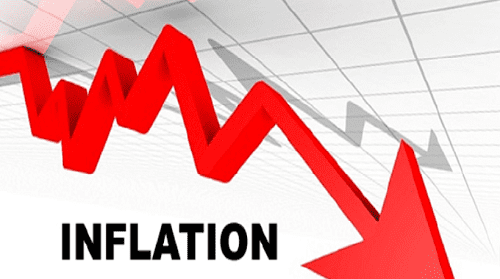The inflation rate in Ghana decreased to 45 percent in March 2023 from the rates recorded in January and February 2023, which were 53.6 percent and 52.8 percent, respectively. Despite this, the inflation rate is still more than four times higher than the Bank of Ghana’s upper policy target of 10 percent.
According to data from the Ghana Statistical Service (GSS), inflation reached its highest point at 54.1 percent in December 2022, following a 19-month acceleration. The GSS data also indicated that food inflation was recorded at 50.8 percent in March 2023, while non-food inflation was recorded at 40.6 percent, creating a difference of 10.2 percent. Moreover, locally produced items had an inflation rate of 41.9 percent, while imported items recorded 51.6 percent.
Professor Samuel Kobina Annim, the Government Statistician, stated that the prices of goods and services decreased by 1.2 percent between February and March 2023. Additionally, food and non-food inflation recorded deflation of 0.9 percent and 1.5 percent, respectively. Out of the 13 divisions used to calculate the consumer pricing index and inflation rate, five had an inflation rate higher than the national average of 45 percent, with furnishings and household equipment having the highest inflation rate.
The news of the declining inflation rate in March 2023 has elicited mixed reactions. Although the rate has decreased from the previous two months, the current inflation rate of 45 percent is still more than four times the Bank of Ghana’s upper policy target. Since mid-2021, Ghana has been grappling with high inflation, which has had a significant impact on the cost of living, especially for low-income earners who have been struggling to meet their daily expenses.










